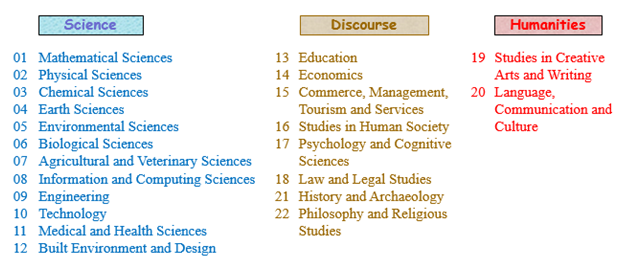 To recap. After C P Snow’s 1959 Rede Lecture “The Two Cultures and the Scientific Revolution”, the Cambridge literary critic, F R Leavis, in his 1962 Richmond Lecture, “The Two Cultures? The Significance of C. P. Snow” venomously slandered Snow’s abilities as a novelist and intellectual. Snow then wrote another essay, “The Two Cultures: A Second Look”, published in the Times Literary Supplement on 25 October 1963. Leavis gave more lectures, collected in Nor Shall My Sword (Chatto & Windus, 1972), and Snow rounded off with another essay in the TLS on 9 July 1970, “The Case of Leavis and the Serious Case”.
To recap. After C P Snow’s 1959 Rede Lecture “The Two Cultures and the Scientific Revolution”, the Cambridge literary critic, F R Leavis, in his 1962 Richmond Lecture, “The Two Cultures? The Significance of C. P. Snow” venomously slandered Snow’s abilities as a novelist and intellectual. Snow then wrote another essay, “The Two Cultures: A Second Look”, published in the Times Literary Supplement on 25 October 1963. Leavis gave more lectures, collected in Nor Shall My Sword (Chatto & Windus, 1972), and Snow rounded off with another essay in the TLS on 9 July 1970, “The Case of Leavis and the Serious Case”.
Since then there has been a continual outpouring of commentary on the debate that ensued. Snow’s lecture and follow-up essay were republished in a single volume by Cambridge University Press, with a long introduction by Stefan Collini, and numerous books and articles have appeared, including, among the most recent, From Two Cultures to No Culture, a collection of essays edited by Robert Whelan (Civitas, 2009), and The Two Cultures Controversy by Guy Ortolano (CUP, 2009). The phrase “[the] two cultures” is now part of the language, and a host of others have used it in reference to unrelated topics.
The nature of the debate is superficially simple. Snow argued that between scientists and literary scholars there was “a gulf of mutual incomprehension . . . a curious distorted image of each other”. Snow reduced his position to the rather trivial distinction that scientists didn’t read Dickens and literary scholars didn’t know the second law of thermodynamics. For his part, Leavis did not criticise scientists; instead, he was keen to defend society against the possible loss of the civilising influence of literature. Snow, apparently evenhanded at the start of his lecture, was actually promoting the teaching of science above the humanities and Leavis the opposite. One might therefore have expected others who joined in to be similarly split, but in fact, as Ortolano has pointed out, Snow spent more of his time as a novelist than as a scientist and Leavis was famous for his trenchant criticism of his literary colleagues. Furthermore, some scientists, such as Michael Yudkin, in an essay first published in the Cambridge Review and then in tandem with Leavis’s lecture, and Michael Polanyi, criticised Snow, while some literary figures supported him.
To explore the debate further, read Snow, Leavis, and Yudkin, continue with Lionel Trilling’s essay “A Comment on the Leavis–Snow Controversy”, the most penetrating account by a contemporary of the two protagonists, and then the other books I have listed.
Here I want to suggest that there are not two cultures, nor one, nor none, as some have suggested, but many. The Fields of Research (FOR) Codes website gives a comprehensive list of academic research subjects, organised as follows:
- 22 main fields of research listed under high level headings, such as mathematical sciences, medical and health sciences, economics, and history and archaeology;
- 135 middle level subheadings; mathematical sciences, for example, has six—pure mathematics, applied mathematics, numerical and computational mathematics, statistics, mathematical physics, and others;
- Over 1200 low level headings; pure mathematics, for example, has four—numerical analysis, numerical solution of differential and integral equations, optimisation, and numerical and computational mathematics not elsewhere classified.
In the figure below I have listed the 22 high level terms, dividing them into three groups—science, humanities, and an in-between group of subjects that I have called “discourse”, for want of a better term, subjects that do not fit easily into the other two categories. In case this looks like three cultures, I want to disavow this. The categorisation shows that there are not three separate cultures, but at least 22, perhaps 135.
Now consider Snow’s method. I would expect a chemist or pharmacologist to be able to explain the law of mass action, perhaps even a philosopher or a historian of science, but not other historians and not even a geologist or an environmentalist. The expansion of all academic subjects has made communication among us all more and more difficult. We are now multicultural.
Jeffrey Aronson is a clinical pharmacologist, working in the Centre for Evidence Based Medicine in Oxford’s Nuffield Department of Primary Care Health Sciences. He is also president emeritus of the British Pharmacological Society.
Competing interests: None declared.
